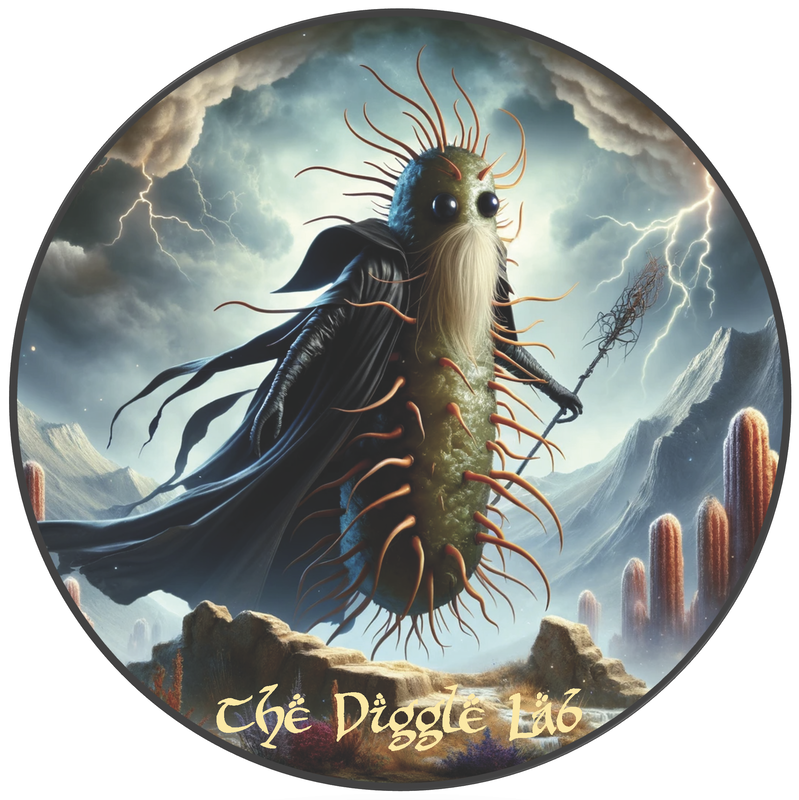Bacteria communicate, cooperate and compete, resulting in a wide range of group behaviors such as biofilm formation, chemical warfare and quorum sensing. Our group, based in the Center for Microbial Dynamics & Infection at Georgia Tech, studies cooperative and competitive interactions and the implications for virulence, antimicrobial resistance and therapeutic interventions.
Bacteria communicate, cooperate and compete, resulting in a wide range of group behaviors such as biofilm formation, chemical warfare and quorum sensing. Our group, based in the Center for Microbial Dynamics & Infection at Georgia Tech, studies cooperative and competitive interactions and the implications for virulence, antimicrobial resistance and therapeutic interventions.
